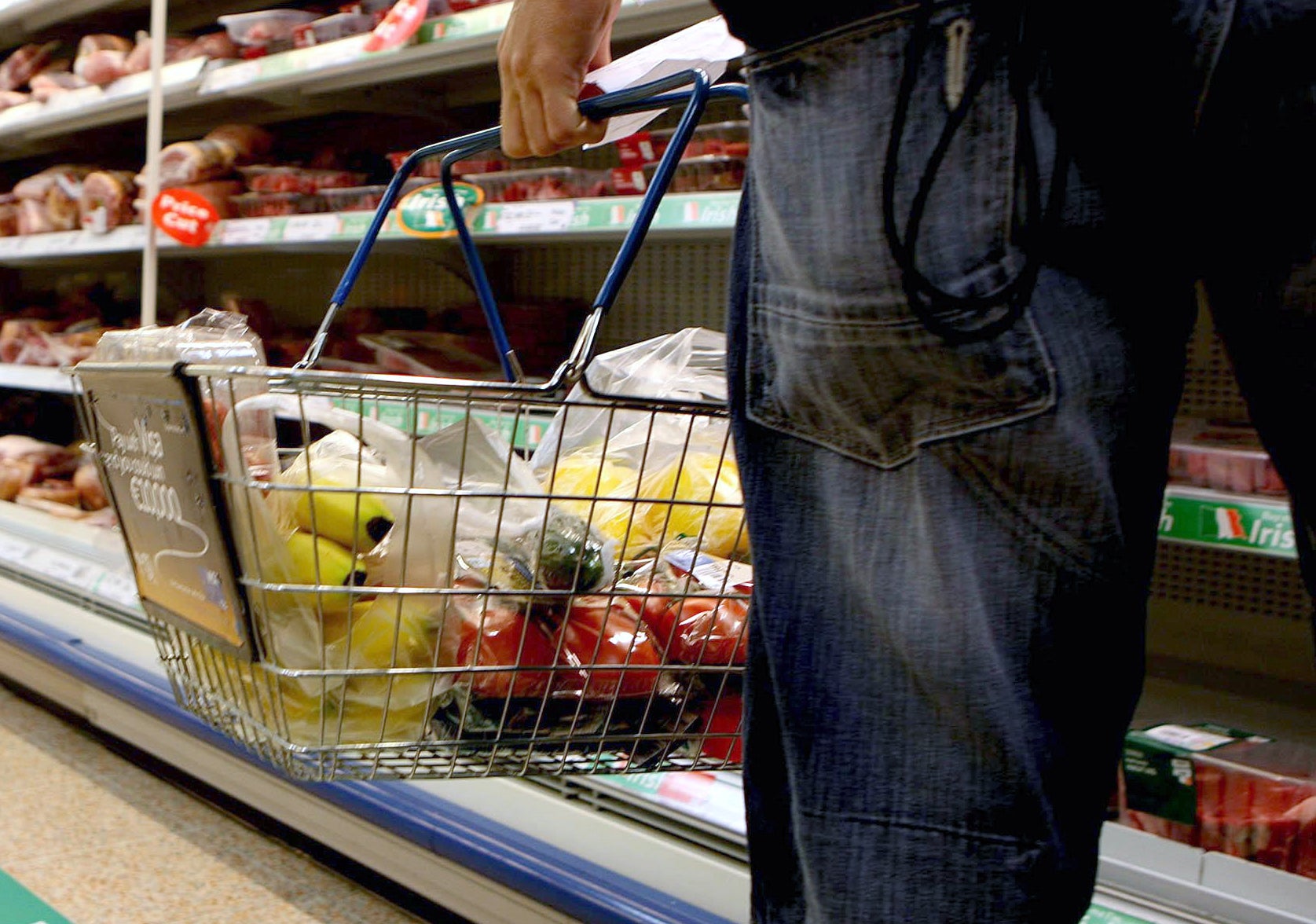Greedy food firms only have themselves to blame for price threat
Companies blaming Ukraine and Brexit are being disingenuous on a grand scale, says Chris Blackhurst


Businesses can sometimes be too cynical for their own good. Worse, they start taking the rest of us for fools. They suppose they are being clever but they’re in real danger of being found out, of becoming horribly unstuck.
They pretend that something is causing them to go down a painful route when a scintilla of thought would suggest that it isn’t. There’s another reason they are behaving in such a fashion – normally the chasing of profits.
So it is with food and supermarkets. The price of milk has risen 38.4 per cent in the past year, reports Will Dunn in New Statesman. Nothing justifies that increase. Not the war in Ukraine, not energy and fuel bills, not wages, not supply chain problems caused by Covid, not Brexit. But under the umbrella of these and other factors, the cost to us as consumers has soared.
Because we believe costs and therefore prices have gone sky high because that’s what the media and yes, the farmers, are telling us day after day, we accept it. We pay extra for our milk and attribute it to inflation. In a sense, we have no choice of course – milk is an essential – but we don’t complain, we don’t stop to ask why the hike is so big, we literally swallow it.
Among economists this is known as “profit-push inflation”. What it is in practice, is companies taking advantage of an atmosphere of economic pressure to squeeze greater profits. It’s that desire for more profits that is pushing up prices, not rising costs or anything else. Paul Donovan, chief economist at UBS Global Wealth Management, says the driving cause is “the ability to sell this story that it’s not our fault we’re raising prices – the price of wheat’s gone up, so now we’ve got to raise the price of bread”.
There are real cost increases across the economy, but not at the level to explain the raised prices of some products. Cereals have doubled in price. Yet oil prices are down 30 per cent since this time last year, agricultural costs have dropped back 20 per cent, and farm labourers’ wages have been flat for two years. Cereals should be going down in price, not up.
Against the backdrop of a pandemic followed by war, you could be forgiven for imagining many businesses are going to the wall. Some have; they suffered a calamitous drop in demand accompanied by a spike in wage and energy bills. However, many haven’t, and they’re turning in booming profits. McDonald’s has put up the price of burgers by 17 per cent and is raking it in, profits are higher. Starbucks raised the price of a cup of coffee 11 per cent and has seen its operating margin climb by 19.1 per cent. Tate & Lyle profits are up by 22 per cent.
Some are making so much money they’ve launched share buyback schemes – Tesco has bought £1.8bn of its own shares, Shell on the strength of three months’ profits of $9.6bn is buying $4bn worth.
They’re also paying out dividends like never before. Dividend payments to shareholders have reached record levels – in 2022, they totalled £94.3bn, up 8 per cent from 2021. Similarly, the bosses of FTSE100 companies have seen their earnings rocket far above inflation. According to Deloitte, the average pay of a FTSE100 chief executive rose 12 per cent last year, to £4.15m.
They’re not complaining, and neither are their shareholders. But companies are moaning that they’ve never had it so tough and that Brexit, Covid and the war in Ukraine have dealt them blow after blow which must be passed on to the customer. It’s nonsense. They’re being disingenuous on a grand scale.
Greed like this is not new. It has become a joke how banks are quick to react to rate increases and slap them onto mortgages but far slower when rates come down.
But this episode seems especially egregious. For that reason, companies have to be careful. Politicians from all sides have woken up to what is going on as food banks in their constituencies become swamped. Liberal Democrats are calling for a Competition and Markets Authority (CMA) investigation into the major supermarkets and food suppliers and the setting of prices. Labour, in the form of former shadow chancellor John McDonnell, is pushing for price controls to stifle this “greedflation”.
For the Tories, chancellor Jeremy Hunt held a joint meeting in Downing Street on 23 May of the food companies and the CMA.
Backbenchers are agitating. The Commons Environment, Food and Rural Affairs Committee has begun an inquiry into fairness in food prices.
Companies have brought this upon themselves and it’s difficult to find sympathy for them. Yes, they had to deal with an extraordinary set of circumstances, as did we all, but those issues have waned. They thought they could seize their chance and now they face the likelihood of official intervention, which is bound to be awkward. If they had not been so greedy, they might have got away with it. They only have themselves to blame.






Join our commenting forum
Join thought-provoking conversations, follow other Independent readers and see their replies
Comments